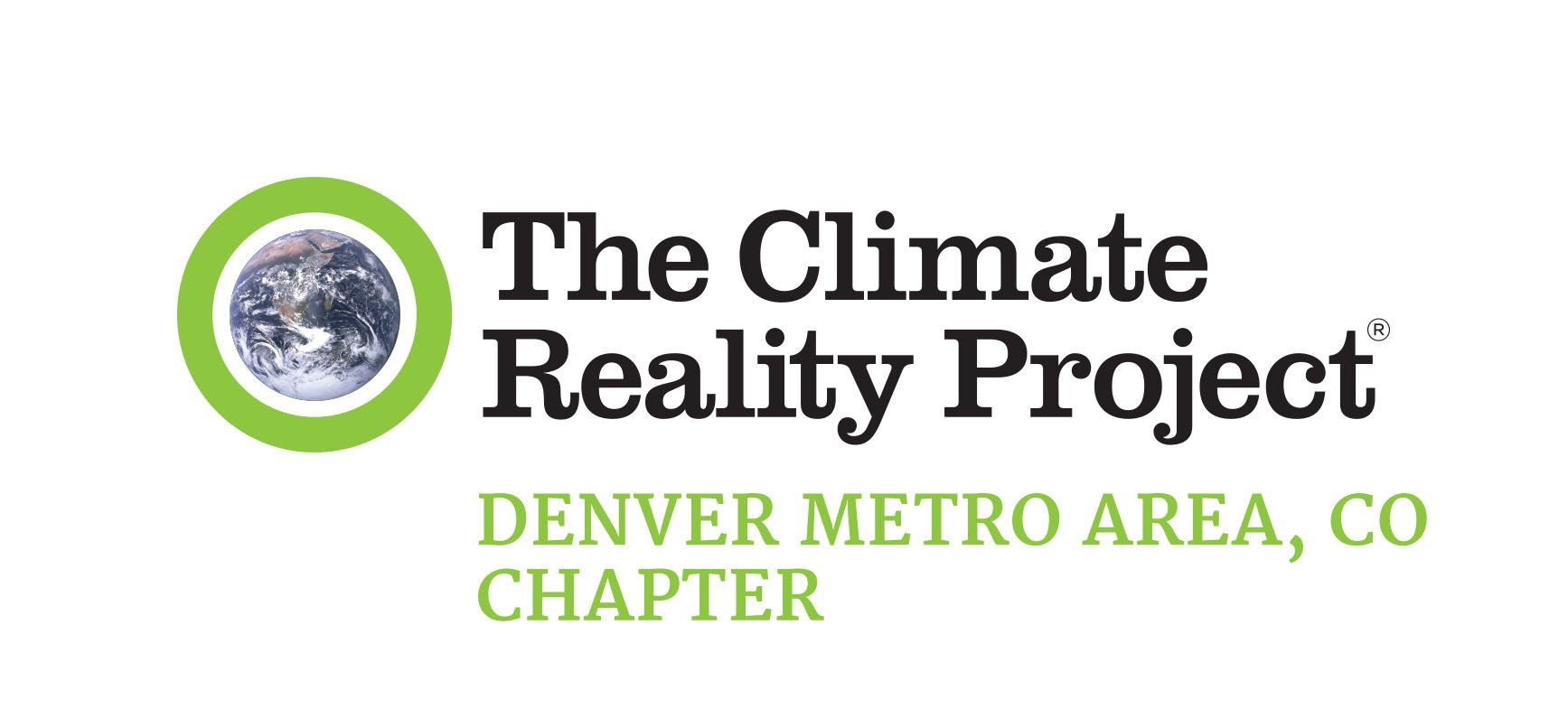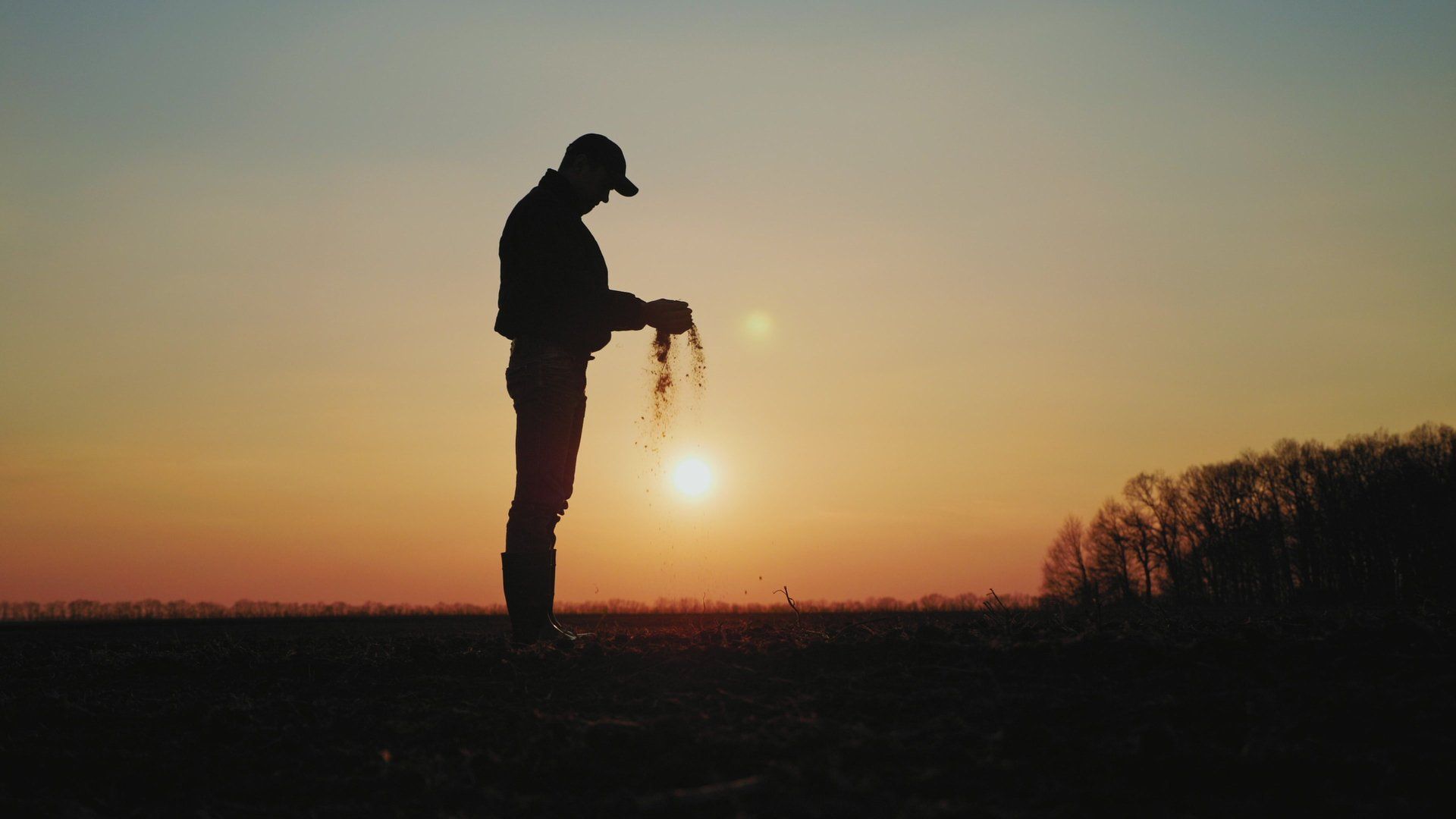Regenerative Agriculture
The Regenerative Agriculture and Sustainable Farming Group works to identify and share agricultural best practices and lessons learned, reduce the cost, waste and carbon impact of our food system and supply chains and implement novel and sustainable solutions to eliminate hunger in an environment with a changing climate.
Regenerative Agriculture
Regenerative Agriculture is a system of soil management practices that originated with indigenous cultures that enhances entire ecosystems through conservation and rehabilitation of the farming and food system. Healthy soil helps reduce global warming by pulling carbon out of the atmosphere and sequestering it in the ground where it is beneficial to growing nutritious plants. Carbon is vital to life and when it enriches the soil it promotes wholesome food production. Natural biologic processes are abundant in a wide variety of minerals making the soil more resilient and less resistant to disease and infestation. Floods, drought, wind erosion and fire are less prevalent because the soil structure extends deep into the ground from several inches to several feet deep below the surface. Deep soil structure means plant roots can extend deeper into the ground, creating water collection therefore requiring less watering. Soil that is constantly tilled and/or heavily fertilized will become nutrient depleted. This causes the topsoil to have a thin layer at the surface that can be easily eroded away by high winds and floods. By doing so we help the environment from impactful climate changes like droughts and wildfires that we are currently facing year after year.
Why Regenerative Agriculture?
(See DRAWDOWN: The Most Comprehensive Plan Ever Proposed to Reverse Global Warming (https://www.drawdown.org/the-book) by Paul Hawken).
Who We Work With
We work with BIPOC (Black, Indigenous, People of Color) to empower them and ensure that they have better access to agricultural resources and support their rights to land and food access.
We work with the farming community to educate and share lessons learned. We encourage large scale operations to implement regenerative agriculture best practices to reduce cost and the wasteful techniques of farming.
We work with the residential community to educate on the benefits of composting. We provide resources in how to create and use compost in their gardens and lawns. Composting on lawns in place of chemical fertilizers drastically reduces over-watering and contamination to our water supply with less chances of it ending up in our rivers and lakes.





